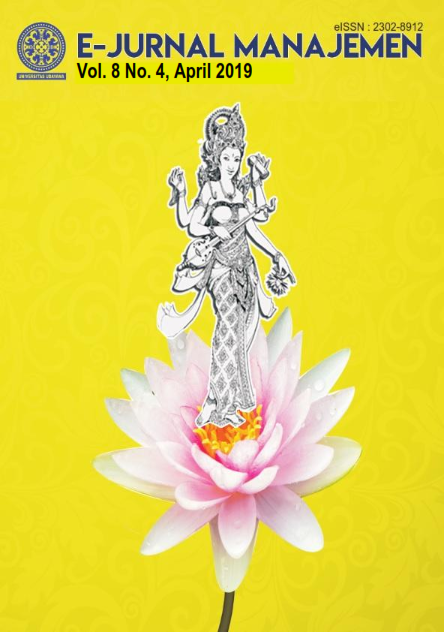PENGENDALIAN KUALITAS PROSES PRODUKSI KOPI ARABIKA PADA UD. CIPTA LESTARI DI DESA PUJUNGAN
Abstract
Quality Control Statistics is a tool used to measure the optimization of quality control carried out on the company. This research was conducted at UD. Cipta Lestari engaged in manufacturing. This research is one form of descriptive research with a quantitative approach. The data used in this study are data on the number of defective arabica coffee products in August to September 2018. Data analysis was performed using Statistical Quality Control, Check Sheet, P-chart, Quality Cost and Fishbone Diagram techniques. The results of the analysis using the P-chart show that the number of defects of Arabica coffee products is still in a very good quality limit, while viewed from the component to measure the company's quality costs in 2018, the quality of actual costs has been released by the company. 6,973,783.78 is greater than the optimal quality cost of the company, which is Rp.6,708,203.94 this can be interpreted that changes in the quality of processes carried out on the company still cannot reach the optimal level. To be able to reach the optimal level the company must make improvements to the four main factors that affect the number of defects, namely labor, machinery, methods and environmental factors.
Keywords: quality control, statistical quality control, quality costs





















